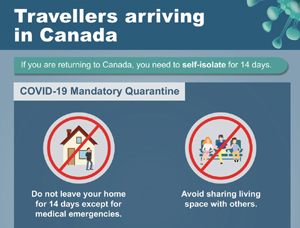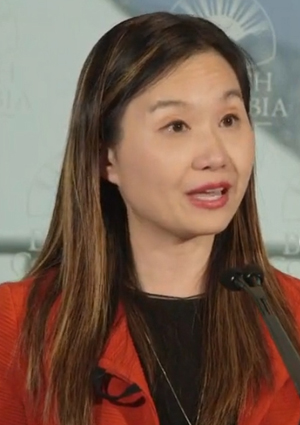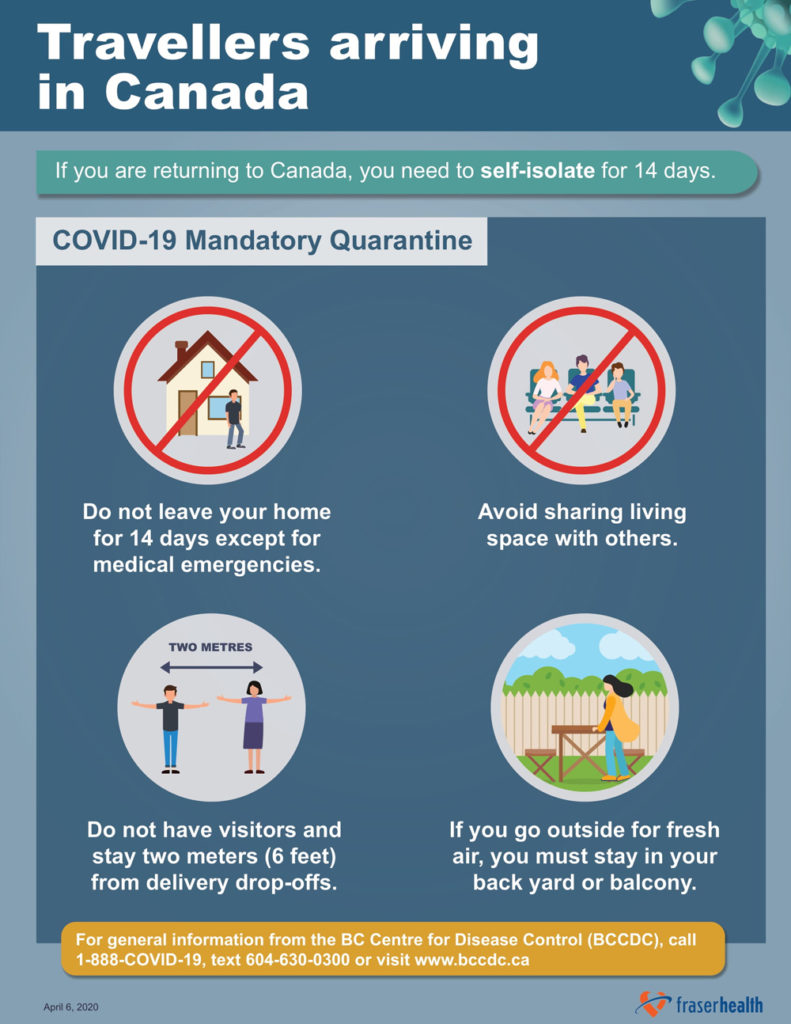
Tuesday August 4, 2020 ~ VICTORIA, BC
by Mary Brooke, editor ~ West Shore Voice News
Management of returning travellers and temporary workers to guide their 14-day isolation plans upon arrival in BC has been handled largely by government employees in the Service BC department.
“Their efforts are part of a partnership with Emergency Management BC and the Ministry of Health to keep people safe and to protect public health, homes and livelihoods,” it was stated in a release today from the Ministry of Citizens’ Services.
The government uses this scenario as an example of how “COVID-19 has altered the way people work and interact with the world”.

“Being in self isolation can be difficult for many, especially those who have been away from B.C. for a long period of time or for temporary foreign workers who have left their friends and families behind to fill much-needed roles in B.C.,” said Anne Kang, Minister of Citizens’ Services.
“I’m proud the people at Service BC who have been working hard to ensure people’s health and safety and for providing returning travellers and temporary foreign workers with a measure of comfort and kindness while they complete their 14-day isolation period. They are truly providing service with heart,” Minister Kang said.
Self-isolation plans:
Since isolation plans became mandatory for international arrivals to B.C., Service BC employees have made more than 8,500 phone calls to temporary foreign workers, providing information and making referrals for any needed supports. There have also been over 51,000 calls as of July 23, 2020 as part of confirming that self-isolation plans are being followed.
A self-isolation plan can be completed online. A self-isolation plan must consider:
- The location of your 14-day self isolation
- How you will travel to your isolation location
- Arranging the necessary supports:
- Food
- Medications
- Child care
- Cleaning supplies
- Pet care
- Social or family support
Helpful support by phone:
The government says that “many people contacted have welcomed the human connection with Service BC employees, saying that being able to talk with someone has helped them feel safe and comfortable, and the service calls have reinforced that someone cares”.
On average, more than 20 people have been dedicated to the returning traveller and self-isolation program at Service BC, resulting in 1,800 to 2,500 calls being made per day to those in self isolation.
“Service BC provides people with access to provincial services every day, and these call-backs are a great new addition to the many other supports that are offered,” Kang said. “Service BC also helps people find services ranging from the affordable child care benefit and business registration to residential tenancy, student aid and more.”
BC was first to require self-isolation:
British Columbia was the first Canadian province to require returning travellers to self isolate. Guidelines are posted at the BC Centre for Disease Control about self isolation and risks during travel.
Anyone returning to Canada must self-isolate for 14 days, says the Government of Canada about their mandatory quarantine rules.

British Columbia was the first Canadian province to require returning travellers to self isolate. Guidelines are posted at the BC Centre for Disease Control about self isolation and risks during travel. Anyone returning to Canada must self-isolate for 14 days, says the Government of Canada about their mandatory quarantine rules.
The Province took action to protect residents swiftly (on March 17, 2020) because of quick solutions to handle workflow and manage quarantine plans. The federal mandatory self-isolation was put in place on March 25. Currently the guidelines are presented as Self-Isolation on Return to BC (last updated June 26, 2020).
Over the course of a weekend, teams in BC worked with several technology and design firms to implement a system that is easy to use and understand, protects privacy and allows provincial staff to provide high-level, individualized service for people arriving in B.C. from abroad.
While these self-isolation plans were pioneered in B.C., similar measures have been implemented federally and nationwide. B.C. ended provincially led border checkpoints on June 20 after transitioning them to the federal government, but Service BC continues carrying out its new role, with employees showing compassion and providing support for returning travellers and temporary foreign workers in self isolation.

===== Links:
For information on BC’s Restart Plan, visit: www.gov.bc.ca/RestartBC
For information on non-medical issues, such as travel recommendations and how to manage social isolation, visit: www.gov.bc.ca/COVID-19
For information on Canada’s travel restrictions: https://www.canada.ca/en/immigration-refugees-citizenship/services/coronavirus-covid19/travel-restrictions-exemptions.html
Latest medical updates, including case counts, prevention, risks and testing follow the BC Centre for Disease Control on Twitter: @CDCofBC or http://covid-19.bccdc.ca/
Provincial health officer’s orders, notices and guidance: www.gov.bc.ca/phoguidance
Non-health related information, including financial, child care and education supports, travel, transportation and essential service information, call (toll-free) 1 888 COVID19 (1 888 268-4319) between 7:30 a.m. and 8 p.m. (Pacific time), seven days a week: www.gov.bc.ca/Covid19
![Hon John Horgan, MLA [Langford-Juan de Fuca]](https://islandsocialtrends.ca/wp-content/uploads/2020/04/LFDJdFConstituency-WSVN-covid-banner-728x90-web.jpg)


